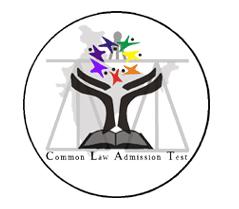LLM Education


An LLM, or Master of Laws, is a degree offered to people who have completed additional education and research in a specific area of law and already hold a professional law degree. Lawyers may enrol in LLM programmes to obtain knowledge in a certain field, advance their careers, and expand their professional network.

LLM specializes in
Civil Law
Tax Law
Criminal Law
Corporate Law
Commercial Law
International Law
Labour Law
Real Estate Law
Patent Law
Competition Law
Intellectual
Property Law
Mergers & Acquisition
Tax Law
Administrative Law
Banking Law
Business Law
Company Law
Constitutional Law
Consumer Law
Contract Law
Cyber Law
Education Law
Energy Law
Entertainment & Media Law
Environment Law
Family Law
Healthcare Law
Tele-communications Law

Eligibility Criteria For BE/B.TECH

The basic eligibility to pursue LLM is an undergraduate law degree from any recognized university.
A minimum percentage requirement for the LLM course is fixed by colleges.
However, candidates need to secure at least 55% aggregate marks at the graduation level to be eligible enough to secure admission in LLM course offered by them.

Entrance tests for LLM
For students to pursue LLM, they need to give entrance tests such as

CLAT

AILET

LSAT India

MH CET

Job Opportunities
Law has clearly become an indispensable component of our society as it plays a vital role in every aspect of our lives. Law has been a particularly difficult job choice due to the complexity of legal acts in the functioning areas. Individuals who have completed their legal education can work in both the public and private sectors.
- Media and publishing houses
- Courthouses
- NGO
- UNO
- UNICEF
- FMCG
- Real estate
- Law firms
- Consultancies
- Finance
- Corporate

Overview
Basic Eligibility
Bachelor’s degree of law or social science
Entrance Test
Required
Course duration
2 years (may vary)
Salary
₹4.5- ₹6 LPA


